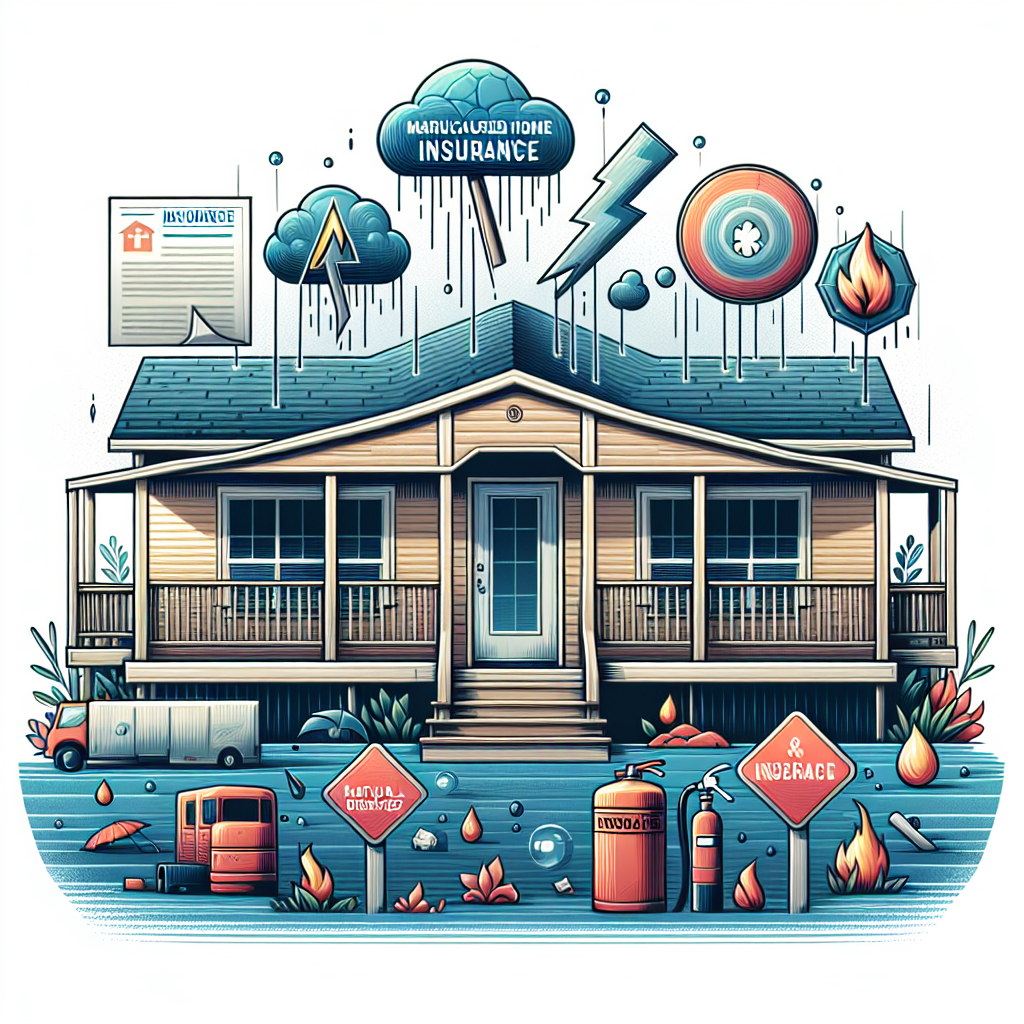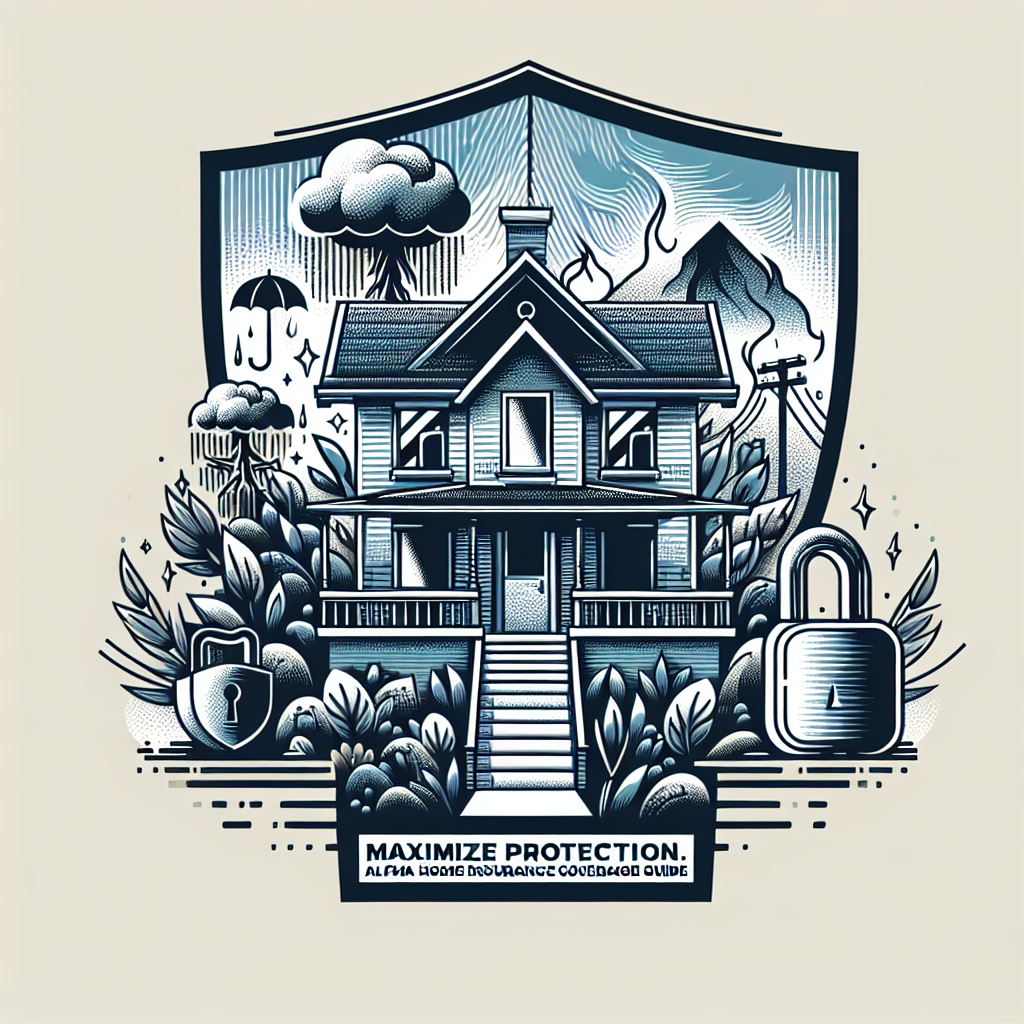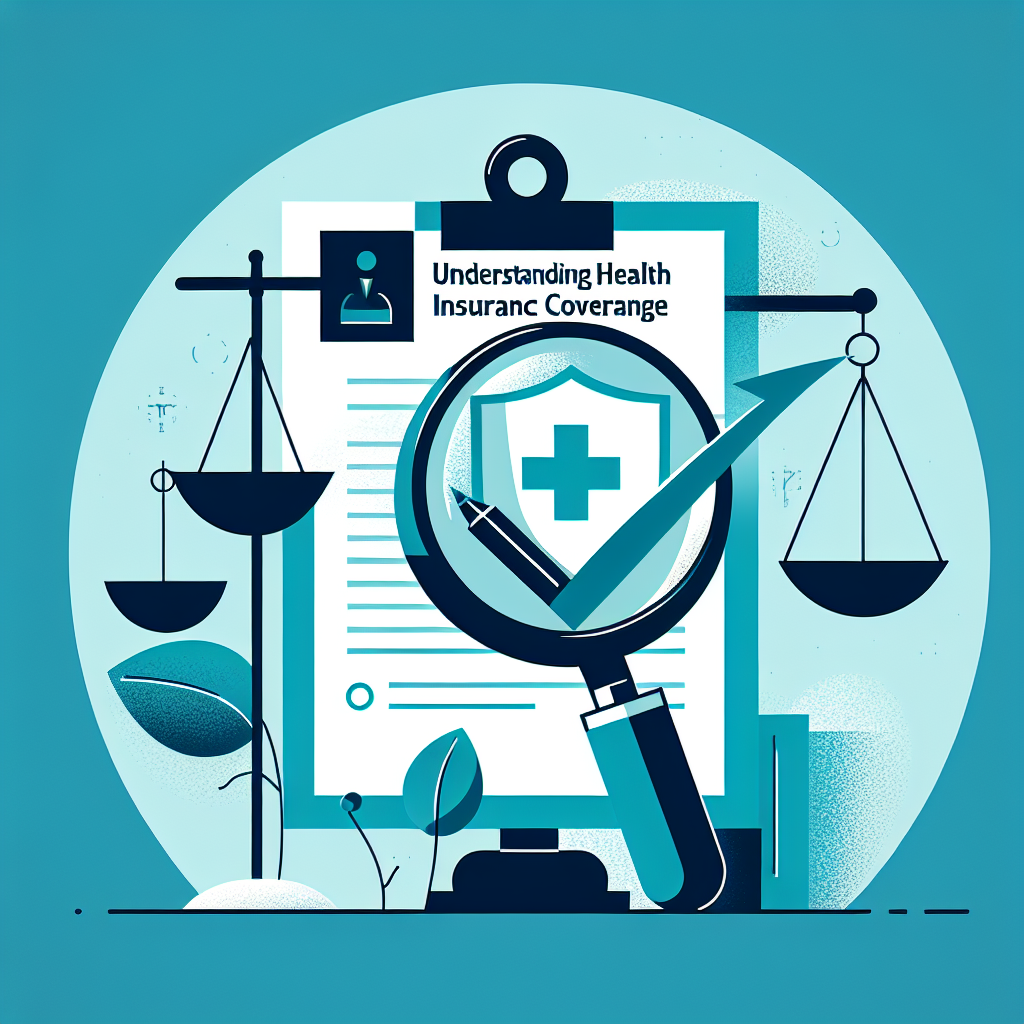Filed under Home Insurance on
Comprehensive Guide to Manufactured Home Insurance

In today’s housing market, manufactured homes present a popular and cost-effective option for many individuals and families. However, insuring these unique structures can differ significantly from insuring traditional homes. This comprehensive guide provides detailed insights into manufactured home insurance, helping homeowners make informed decisions to protect their investments.
Understanding Manufactured Home Insurance
Manufactured home insurance is specifically designed to cover mobile homes, modular homes, and manufactured dwellings. These policies are tailored to meet the unique needs of manufactured homes, offering coverage for property damage, liability, and more.
What Makes Manufactured Homes Unique?
Manufactured homes are built in factories and then transported to the site, which distinguishes them from traditional homes constructed directly on a foundation. This process affects insurance considerations, as transportation and setup cost must be factored in, along with specific risks associated with manufactured construction methods.
Key Coverage Areas
Just like traditional homeowners insurance, manufactured home insurance covers several critical areas:
- Dwelling coverage: Protects the structure against risks such as fire, wind, and vandalism.
- Personal property: Covers belongings inside the home, including furniture and electronics.
- Liability protection: Offers coverage if someone is injured on your property or if you cause damage to another person’s property.
- Additional living expenses: Covers costs if you temporarily need to live elsewhere due to a covered loss.
Why Manufactured Home Insurance Is Essential
Manufactured homes face specific risks not typically associated with traditional homes. For example, they may be more vulnerable to wind damage or may not meet standard building codes in some areas. Here are several reasons why manufactured home insurance is vital:
Protection Against Natural Disasters
Manufactured homes are often more susceptible to damage from severe weather conditions like hurricanes or tornadoes. Without adequate coverage, homeowners could face significant financial loss in the event of such disasters.
Comprehensive Coverage for Unique Risks
Insuring a manufactured home requires special considerations. These policies are specifically designed to address the materials and construction methods unique to manufactured homes, ensuring comprehensive risk management.
Compliance with Lender Requirements
If you finance your manufactured home, your lender will likely require insurance coverage as part of the loan agreement. Having a suitable policy in place is essential to secure your financing.
Choosing the Right Manufactured Home Insurance Policy
Selecting the right policy involves understanding your specific needs and the risks you might face. Here’s how you can choose wisely:
Assess Your Coverage Needs
- Evaluate the value of your home and possessions.
- Consider local environmental risks like floods or storms.
- Analyze your liability coverage requirements if you host guests often.
Compare Multiple Quotes
It’s wise to shop around and compare quotes from various insurers. This not only helps in finding the best price but also educates you about different coverage options available in the market.
Read Policy Terms Carefully
Ensure you understand the terms and exclusions within your policy. Some insurers may exclude certain types of risks, or they might offer optional add-ons for additional protection.
Industry Trends in Manufactured Home Insurance
The insurance industry evolves continually, and it’s essential to be aware of trends impacting manufactured home insurance. Here are some current trends:
Increasing Customization in Coverage
Insurers are now offering more customizable policies to address the unique aspects of manufactured homes. You can add specific riders for risks that are more pertinent in your region or lifestyle.
Technological Advancements in Risk Assessment
Technological tools like AI and IoT devices are becoming increasingly prevalent in assessing risk accurately. These technologies make it easier for insurers to provide tailored coverage solutions at competitive rates.
Environmental Risk Adaptation
With climate change impacting weather patterns, insurers are adapting policies to better cover risks from unpredictable environmental changes. This is particularly important for manufactured homes, which may be more vulnerable to such factors.
Tips for Lowering Your Manufactured Home Insurance Premiums
Finding cost-effective insurance for your manufactured home is possible with these simple tips:
Improve Home Security
- Install alarm systems and smoke detectors.
- Secure windows and doors with high-quality locks.
Bundle Policies
Consider bundling your manufactured home insurance with other types of coverage like auto insurance to receive discounts.
Maintain Good Credit
Insurance companies often consider credit scores when determining premiums. Maintaining good credit can result in lower rates.
Opt for a Higher Deductible
Choosing a higher deductible typically results in lower monthly premiums. However, ensure you can afford the deductible amount if you need to make a claim.
Conclusion
Manufactured home insurance is a specialized field requiring careful research and consideration. By understanding the unique needs of manufactured homes, assessing your individual requirements, and staying informed about industry trends, you can secure the best coverage to protect your investment. Whether you’re a seasoned homeowner or new to manufactured homes, this guide provides a solid foundation for navigating your insurance options effectively.
For additional support, consider consulting with insurance professionals who specialize in manufactured home insurance to guide you through the process. Protect your home wisely, and enjoy peace of mind knowing you’re fully covered against potential risks.




